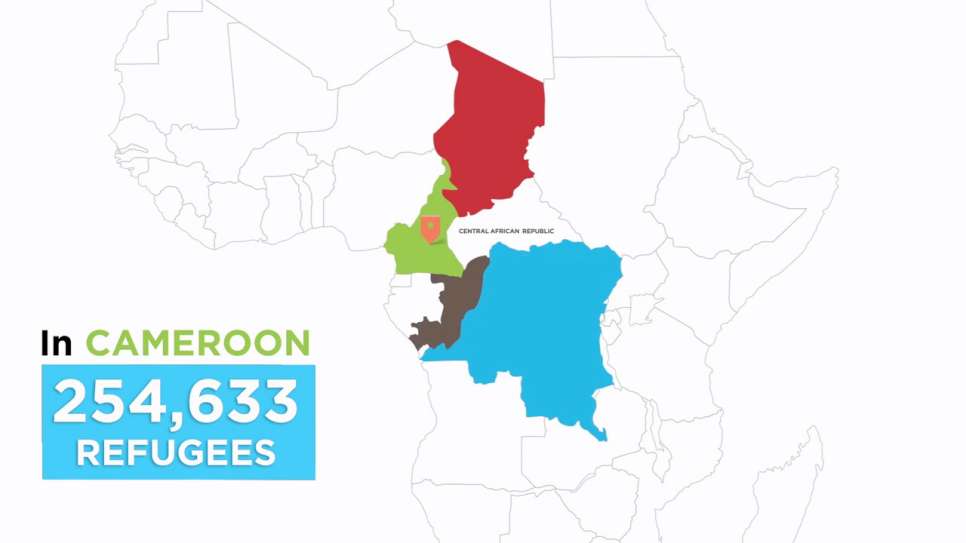CAR Situation
"I lost everything: my home, my flesh, my identity. My kids sleep on the floor."
Zainaba, widowed mother of four displaced in Bangui
Back in December 2013, hundreds of thousands of people were forced to flee their homes as violence spread in the Central African Republic (CAR), with militants brutally killing civilians, looting homes and burning villages. Today over 450,000 CAR refugees are still sheltering in Cameroon, Chad, the Democratic Republic of the Congo, and the Republic of the Congo, and despite peaceful elections in February 2016, over 415,000 people are still internally displaced inside CAR.
What had been a gradual transition towards peace and stability turned into chaos again in mid-June 2016, when clashes between the ex-Seleka alliance and anti-Balaka militia intensified again in north-western CAR. The renewed fighting terrorized up to 30,000 people inside CAR and prompted nearly 6,000 women, children and older people to seek refuge in southern Chad and Cameroon.
Thousands of people walk for weeks and hide in the forests in a desperate bid to escape, sometimes with nothing to eat or drink. Those who arrive at refugee sites have witnessed traumatic scenes of violence, and malnutrition rates have risen to serious levels.
In what is one of the most poorly funded emergency situations globally, many people lack even basic survival assistance. Food, health, shelter, and water and sanitation are all primary concerns for refugees living outside formal sites and for the communities hosting them.
UNHCR and its partners have renewed calls for donors to increase their support for programmes in CAR and neighbouring countries.




